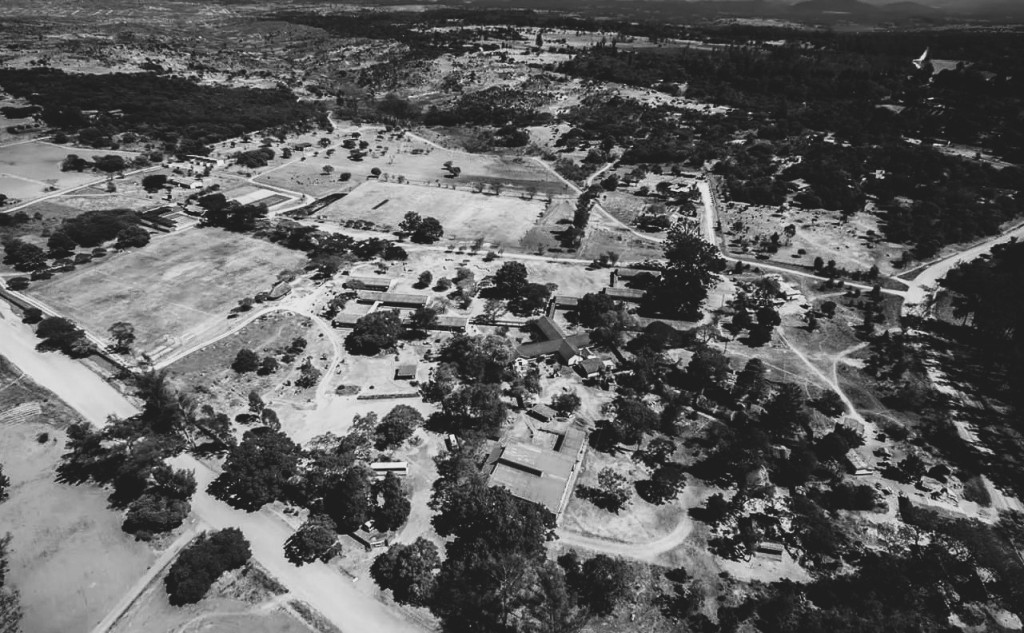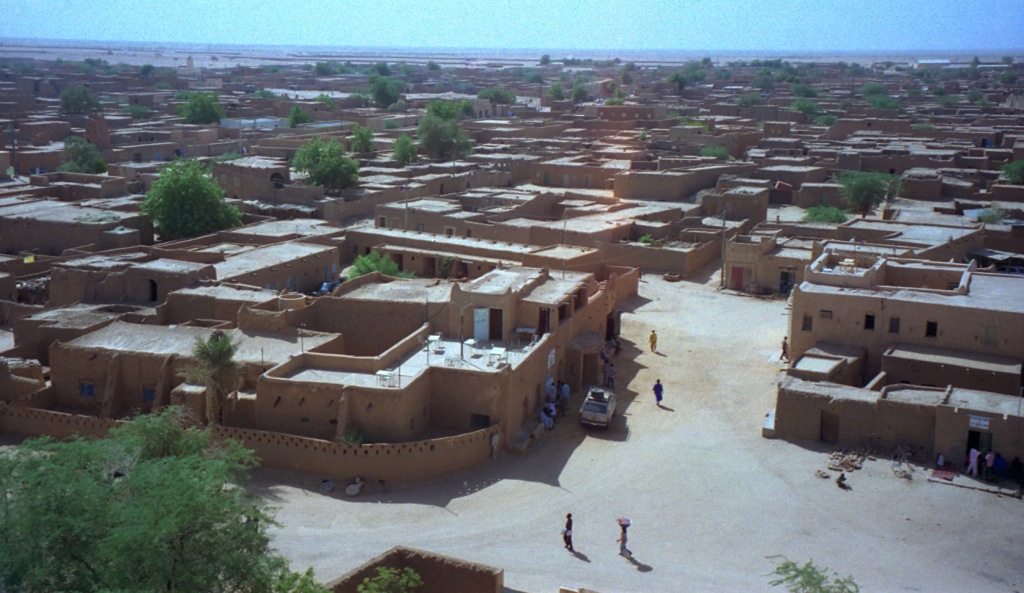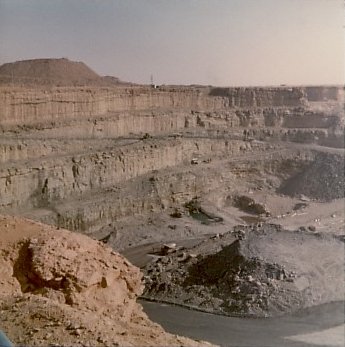By Samson Mawulolo Ahlijah

Ariel School in Ruwa, Zimbabwe
Humanity has made enormous technological progress over the last two centuries. About 50 years ago, man first set foot on the moon. Advances in health care have made it possible to live much longer, and thanks to advances in telecommunications, information now travels very quickly.
But despite these advances, many mysteries remain surrounding several essential questions. The origin of man and his place in the universe are still not fully understood. As for the question of whether we are alone in the universe, most researchers agree that the chances of the existence of extraterrestrial civilisations are very high.
Although no official contact with an alien government has been established to date, the regular appearance of unidentified flying objects (UFOs) in the four corners of the world attracts public attention and fuels much speculation.
Since the Roswell crash in the United States, the question of UFOs has become an ambiguous subject, fuelling numerous debates. The attitude of the media, governments and the scientific community oscillates between doubt and mockery. Moreover, ufology, or the science that studies unexplained aerial phenomena, is considered by many to be a discipline of eccentric people. However, the facts remain stubborn, and whether in the skies over Paris, London, Madrid or Abidjan, strange flying machines are making their appearances and completely escaping any scientific explanation.
Governments seem to have long understood the importance of creating an appropriate framework for studying these phenomena in order to prepare for the possibility of contact with an extraterrestrial civilisation. On 20 March this year, for the first time, members of the European Union, coordinated by Portuguese MEP Francisco Guerreiro, organised a long meeting at which ufologists from across the continent gave their views on the subject of UFOs.
Eduardo Russo, a member of the UAP CHECK network and a long-standing ufologist, was one of the speakers. He pointed out that unexplained aerial phenomena (UAPs) are far from being the sole concern of the United States, and dwelt on the many cases of sightings in Europe. While comparisons were made with the way UFOs are dealt with in the United States, the name of one continent, Africa, was also mentioned.
Have UFOs been seen in Africa? Yes, so why is nobody (or so few people) talking about it? The answer to this question is complex and echoes the complex situation in which African countries find themselves. Some of the UFO sightings that seem to confirm the presence of life outside our Earth have taken place in Africa. Two incidents stand out.
The first is the famous sighting at Ariel Primary School in Zimbabwe in September 1994. In all, around sixty children reported seeing strange craft landing. From these craft, humanoid-looking beings with no nostrils emerged and established telepathic communication with them. Their messages concerned the ecological risks facing the planet. In 2024, 30 years after the events, the version of many children who are now adults has not changed. The case of the Ariel school has been the subject of numerous international investigations but has received little attention in Zimbabwe and Africa.
The second UFO sighting took place in 1954 in Madagascar, when the country was a French colony. Before the astonished eyes of thousands of people, a black flying object vaguely resembling a cigar flew over the main avenue of Antananarivo less than one hundred metres (100 metres) above the ground.
The aircraft made no noise. Its passage caused power cuts and the owners of livestock farms and domestic animals noticed an unusual agitation of the animals. The sighting prompted General de Gaulle to consider setting up an official French UFO research body. The project came to fruition in 1977 with the creation of GEIPAN.
These two cases are far from being exceptions. In Africa, as elsewhere, UFO sightings have multiplied over the past few years. If the continent is not much in the news on this front, it is partly because of a lack of interest among intellectuals in the UFO question. For many of them, extraterrestrials, UFOs and the like, are a folly of the Western world and the white man.
The second reason is the laxity of governments. If they are not simply ignorant of the UFO issue, many African governments feel they have more serious problems to solve. And for the dictatorial regimes that seem to have a bright future ahead of them on the continent, the most important thing is to stay in power. This state of general disinterest is reinforced by the attitude of a population that, bogged down by problems of access to energy, drinking water, education and health, has no time to look at the sky.
This meeting between MEPs and ufologists should be seen as proof that all continents, whatever their level of development, must take the UFO issue seriously. The lack of foresight in Africa has repeatedly prevented the continent from regaining its place on the train of history, a train that it nonetheless created as the cradle of humanity. The mistakes of the past must serve as a lesson to African leaders. The UFO issue is not a delusion of the Western world. Nor is it in any way a delusion. It is a very serious subject that deserves a scientific approach.
Regional institutions such as SADC, ECOWAS and the African Union should pay more attention to these strange flying objects and, where possible, set up bodies bringing together ufologists, scientists and experts in other disciplines to study the issue in depth.
Africa’s approach to this issue must not, however, be a simple mimicry of the Western approach. The United States in particular, and Europe to some extent, analyse the UFO issue mainly through a security prism. Hollywood films speak volumes about this point of view: extraterrestrials are evil creatures come to enslave or destroy humanity.
For the moment, no one can vouch for the good intentions of the occupants of these strange craft that fly over the cities and countryside of our blue planet. However, by delving into Africa’s deep roots, which emphasise hospitality and the importance of welcoming strangers, the continent’s ufologists can offer a new approach to the study of unexplained aerial phenomena.




Laisser un commentaire